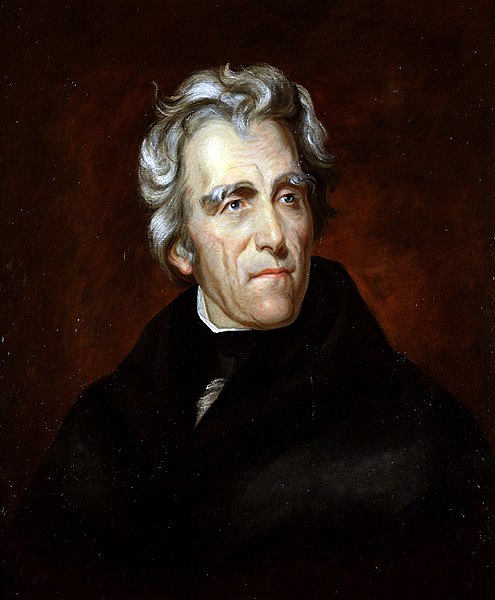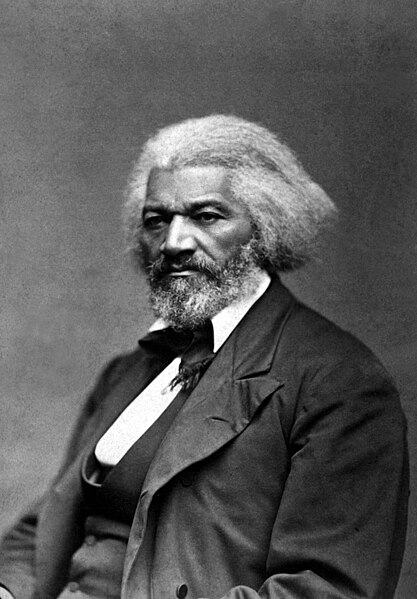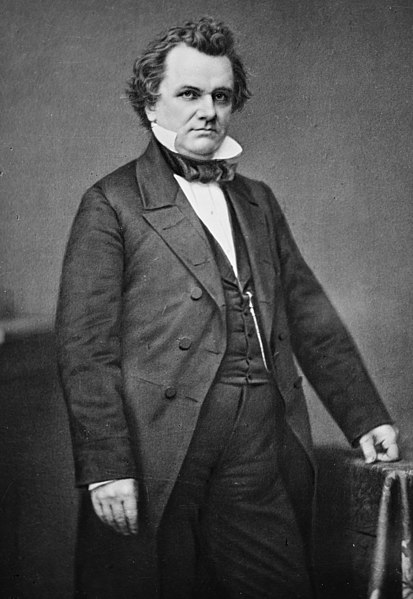Origins of the American Civil War
A consensus of historians who address the origins of the American Civil War agree that the preservation of the institution of slavery was the principal aim of the eleven Southern states that declared their secession from the United States and united to form the Confederate States of America. However, while historians in the 21st century agree on the centrality of slavery in the conflict, they disagree sharply on which aspects of this conflict were most important, and on the North's reasons for refusing to allow the Southern states to secede. Proponents of the pseudo-historical Lost Cause ideology have denied that slavery was the principal cause of the secession, a view that has been disproven by the overwhelming historical evidence against it, notably the seceding states' own secession documents.
Bombardment of Fort Sumter, image by Currier and Ives
President Andrew Jackson viewed South Carolina's attempts to nullify the tariffs of 1828 and 1832 as being tantamount to treason.
Picking cotton in Georgia
Slaves working in the fields, on the Confederate $100 bill, 1862–63. On the left is John C. Calhoun, on the right Columbia.
The American Civil War was a civil war in the United States between the Union and the Confederacy, which had been formed by states that had seceded from the Union.
Frederick Douglass, a former slave, was a leading abolitionist
Sen. Stephen A. Douglas, author of the Kansas–Nebraska Act of 1854
Sen. John J. Crittenden, of the 1860 Crittenden Compromise
Ambrotype of two unidentified young boys, one in blue Union cap, one in gray Confederate cap (Liljenquist collection, Library of Congress)








